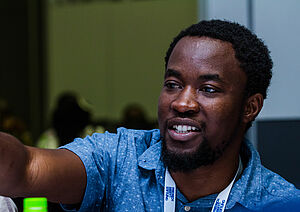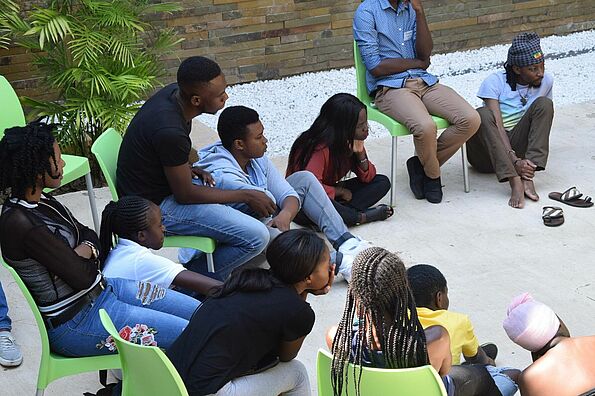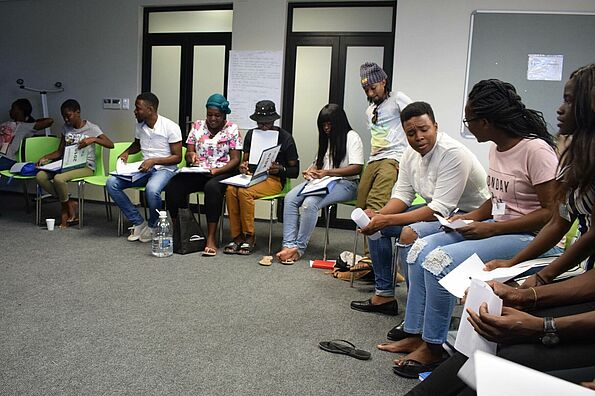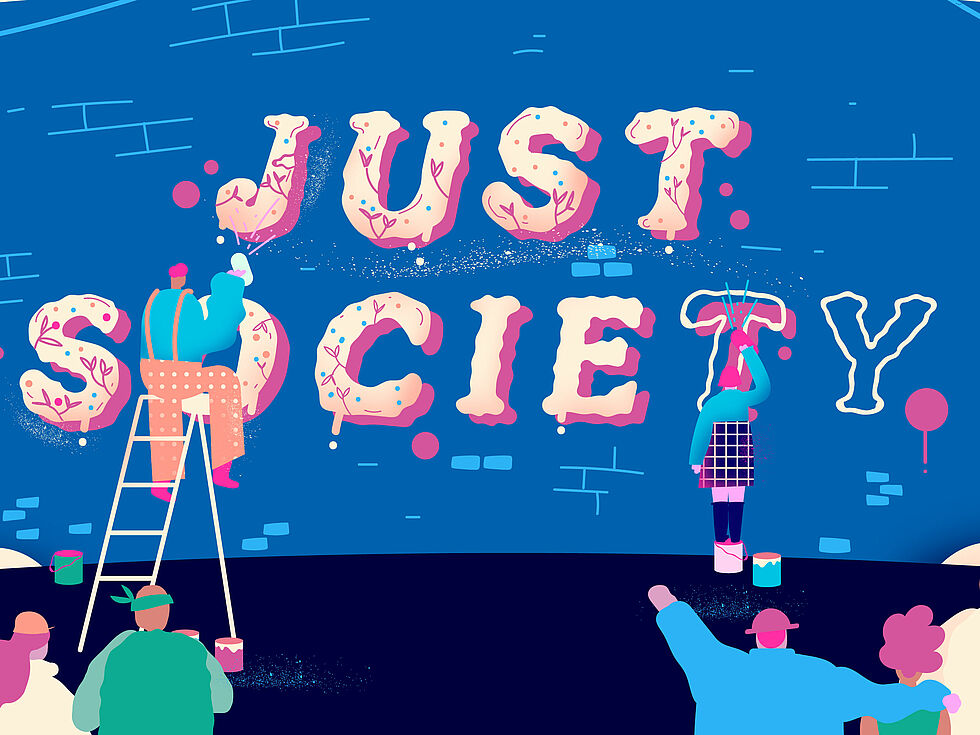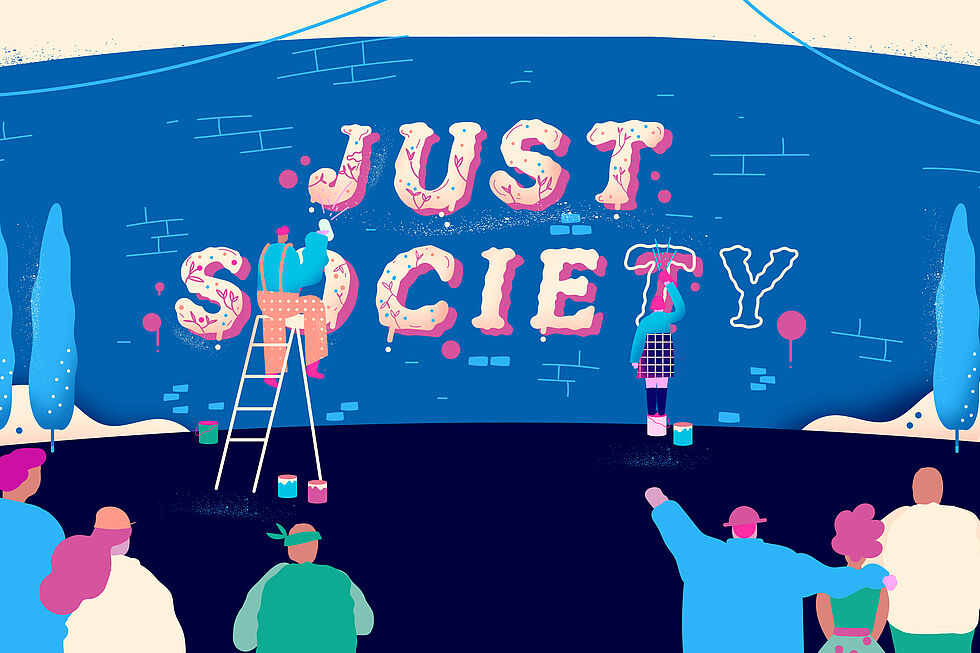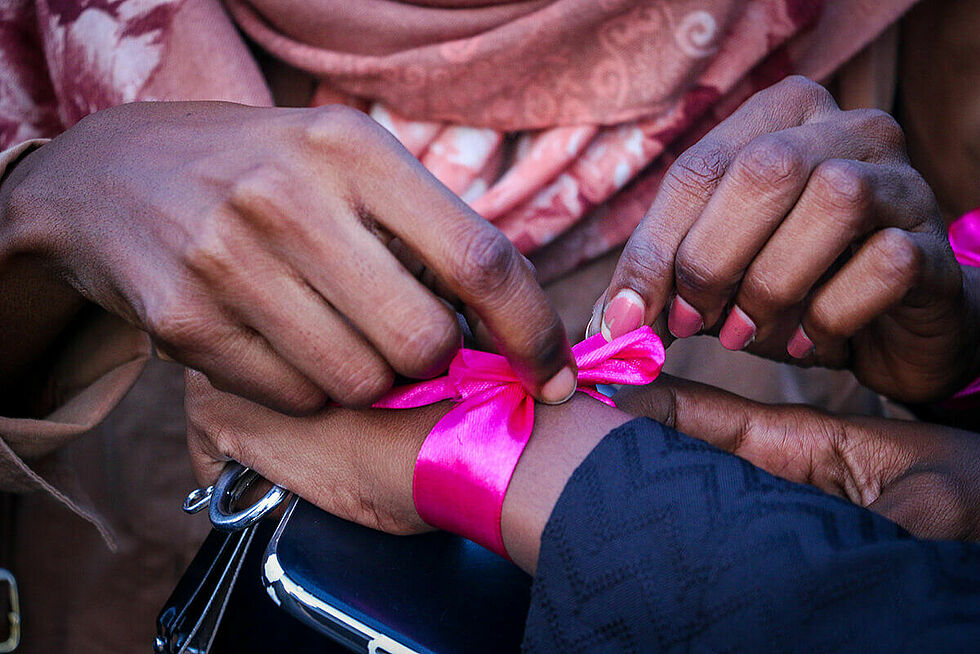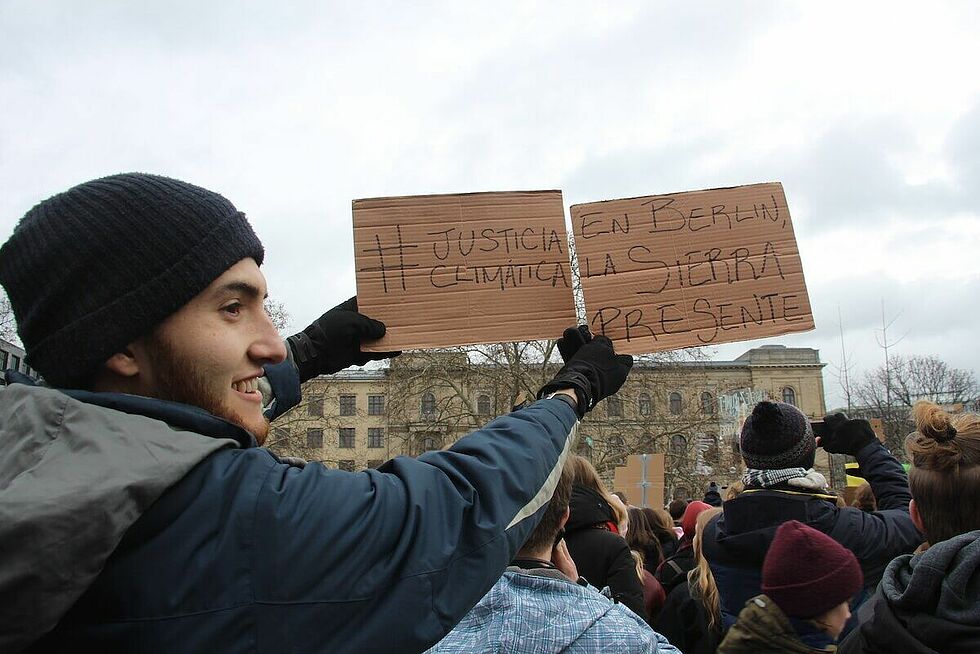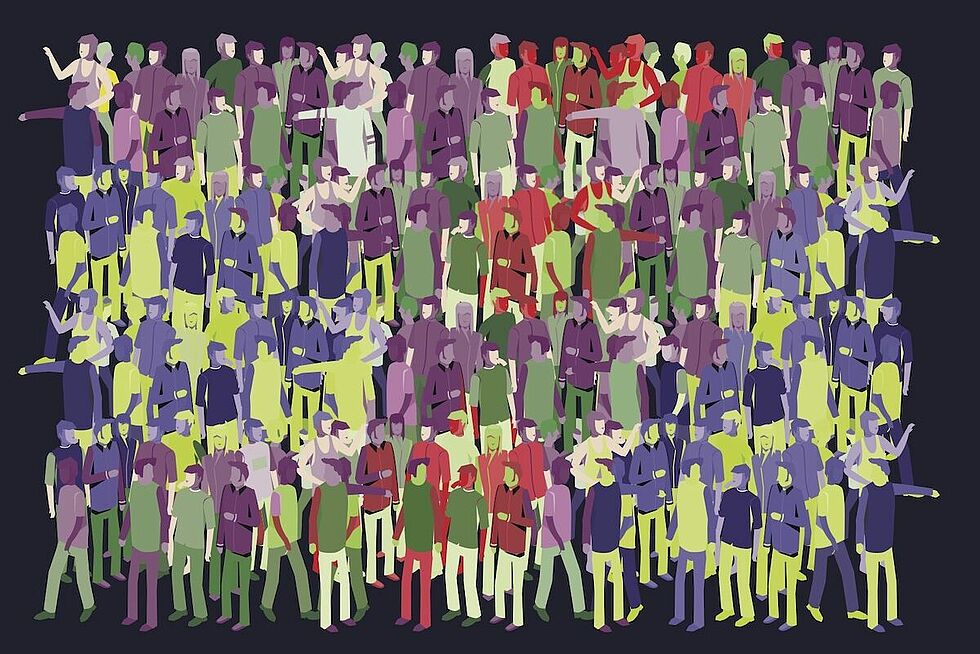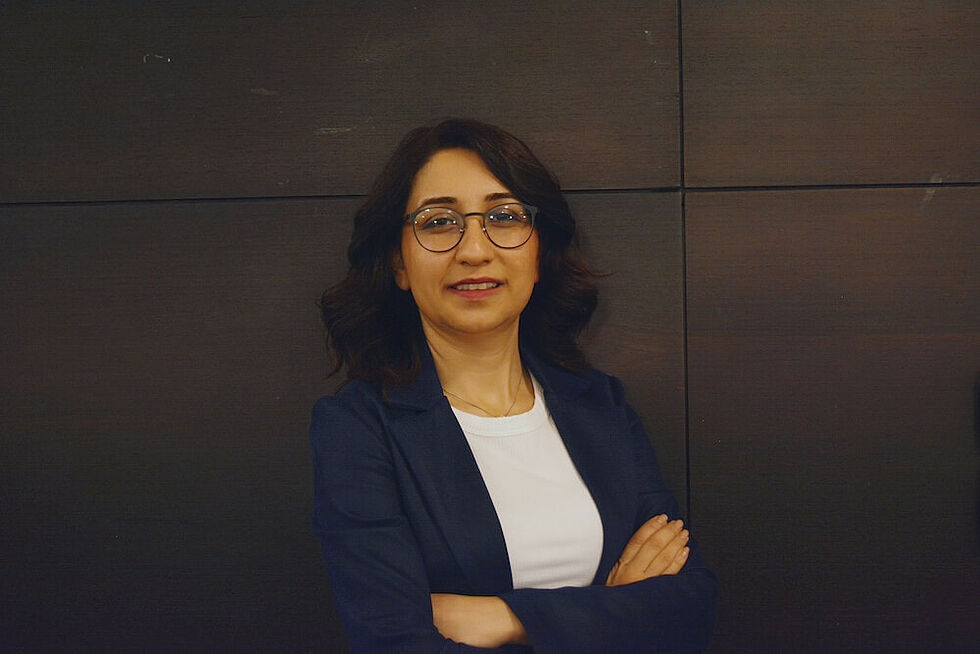An awakening of grassroots civil society in Africa is an opportunity to rethink relations with the West
A year ago at an international civil society event in Berlin, a member of the host organization asked me during a panel discussion what I thought of Germany. I replied that the country was, among other things, a formerly imperialist state responsible for the plunder of African resources.
My response caused a stir on the panel and among the audience. I can see several reasons for this reaction.
Firstly, the development community is not accustomed to such outspoken critique of Western donor countries, because the structure of the sector normally excludes radical grassroots voices. The non-governmental organizations (NGOs) who deliver aid are in effect delivering donor’s vision of Western liberal democracy, and have been since independence. This perspective sees civil society as simple lobby groups working outside the state to influence policy, but peacefully, through established conventions. This view excludes home-grown, less formalized institutions. The NGOs maintain this restrictive view of civil society so that they retain the donors’ favour and therefore their funding. Consequently, dissenting civil society voices are seldom heard in international fora. This might explain why the audience in Berlin were taken aback by my comments.
"The younger generation, mostly born after independence and with no experience of war, are challenging the old ideas of the freedom fighters. They have been demanding an end to authoritarianism, and fighting for democracy and social justice without any donor agenda."
Secondly, a wave of recent movements have demonstrated the possibility of success outside the boundaries of liberal, established political and civil society institutions. There has been a political awakening of homegrown voices across the continent since 2010. The younger generation, mostly born after independence and with no experience of war, are challenging the old ideas of the freedom fighters. They have been demanding an end to authoritarianism, and fighting for democracy and social justice without any donor agenda. This is embodied in the Arab Spring in North Africa, the decolonized protest movements in southern Africa and also, sadly, in the joining of extremist groups by youth in West and Central Africa.
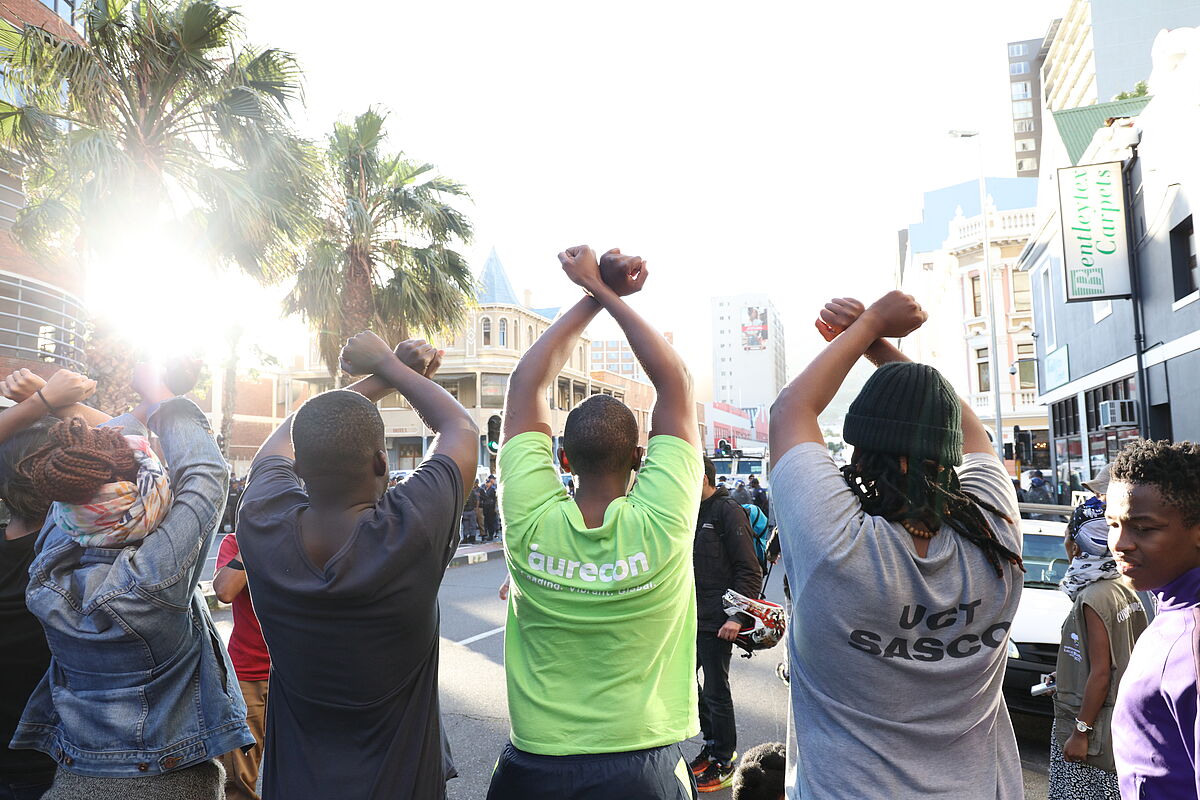
The decolonized education protest movement in South Africa, the anti-authoritarian protest movements in Angola and Zimbabwe, and the social justice protest movements of Namibia were all able to achieve their objectives swiftly and successfully in unfamiliar ways. The latter in particular is a clear example of the new type of civil society movement that Western donors would do well to study and better understand.
Thirdly, the voices of this protest movement are not clearly heard at the international level, because of its endogenous nature and its loose structure. Such an encounter would allow the international community to understand that there now exists a direct and robust language and grammar of the African continent, discreet from that of government officials and of what we might term a form of consulate civil society.
"Ignoring the protest movement is to miss an opportunity for early mutual understanding and cooperation."
Friedrich Ebert Stiftung (FES) representatives in Botswana, Namibia and Zimbabwe have been working with activists from several protest movements. These efforts are now leading up to the formation of the Young African Activists Network (YAAN). The activists have independent programmes that are shaping their respective societies practically, from the bottom up. Working with them is a representation and embodiment of the character of future cooperation. Ignoring the protest movement is to miss an opportunity for early mutual understanding and cooperation.
There are other cases beyond the protest movement. One is the FES-coordinated Youth Leadership Development Program (YLDP) in Namibia and other countries. This is working to counter the polarizing effect of the party political system in African countries where youth are commonly set on a path to conflict by being indoctrinated to regard anyone not a member of their political party an enemy and persona non grata.
Over the past 12 years, the YLDP has brought together close to 500 youth from more than 20 organizations, including 10 political parties, to participate in a leadership training programme. Graduates of the programme are now found in local authorities, parliament, universities, labour movements, protest movement, the public sector and private sector, armed with useful tools for the 21st-Century social justice leader.
The YLDP and the YAAN are both models that are worth considering and supporting in the context of German-Africa people-to-people cooperation. In the case of the YLDP, FES went for principle over convenience, inclusivity over a binary approach.
In the words of Thomas Sankara, the revolutionary leader of Burkina Faso, fundamental change requires “the courage to turn your back on the old formulas, the courage to invent the future. It took the madmen of yesterday for us to be able to act with extreme clarity today.”
Job Shipululo Amupanda is a senior lecturer at the University of Namibia and also an activist with the Affirmative Repositioning movement, a social justice and economic freedom protest movement in Namibia. Email: jamupanda(at)unam.na Twitter: @Shipululo.
For more information on the YLDP in Namibia get in touch with the FES office in Namibia. For further information on YAAN contact the FES Botswana office.
The views expressed in this article are not necessarily those of Friedrich-Ebert-Stiftung.
About FES Connect
Connecting people, in the spirit of social democracy, we source and share content in English from the German and international network of the Friedrich-Ebert-Stiftung.
